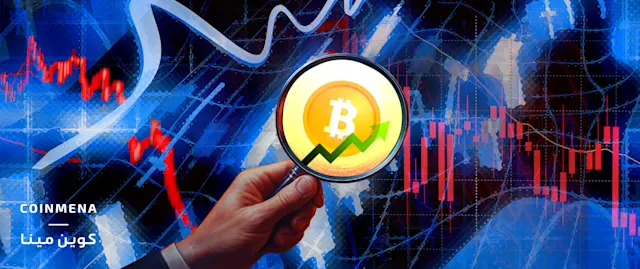
Volatility is Natural, Stability is Artificial
Last week was a stark reminder of why attempts to “stabilize” markets through interest rate “fixing” doesn’t work.

Last week was a stark reminder of why attempts to “stabilize” markets through interest rate “fixing” doesn’t work. The Bank of Japan raised interest rates by just 0.25%, and global markets went haywire, exposing the fragility of the global economy. The system is overloaded with debt, all intertwined, with the “Yen Carry Trade” serving as a prime example of how two central banks colluding on the price of money create massive arbitrage opportunities. Traders, mostly large financial institutions, buy Yen at 0% interest, swap to USD, purchase U.S. Treasuries at 5%, and repeat. This trade relies on Japan artificially keeping interest rates low and the Yen depreciating against the USD. Worse, this exclusive trade is only available to advanced traders and large financial institutions, highlighting the fact that this is not free market capitalism—it's market manipulation benefiting a select few.
To summarize, Japan, a G7 nation with a debt-to-GDP ratio exceeding 200%, is facing rising inflation and a declining Yen. The BOJ wants to raise interest rates but can't because global markets are so over-leveraged on the Yen carry trade that doing so could trigger a global financial crisis. Japan is also the largest holder of U.S. Treasuries, but they can't sell them without sending U.S. bond yields skyrocketing, as the U.S. struggles to find buyers for its ever-increasing debt, which crossed $35 trillion last year.
Global markets are being held together with duct tape and money printing, yet many investors and capital allocators still view Bitcoin as too volatile, when in reality, Bitcoin is the only truly free market in the world, and has been growing at an annualized rate of 150% per year since 2011, and is up 460% the past 5 years!
Bitcoin’s volatility is simply the natural state of free markets, trading globally 24/7. The traditional market’s lack of volatility is artificial and temporary. Nothing in nature or in free markets is static; everything is in constant flux, adapting to changing circumstances and environments. The idea that an economy can be stabilized through central planning is a dangerous fallacy. Just look at how bad central banks have missed inflation targets!
I believe that within the coming decades, we'll look back on this era with disbelief, wondering how we ever accepted the idea that the cost of capital was decided arbitrarily on a quarterly basis, rather than being determined by free markets.



